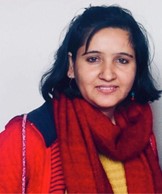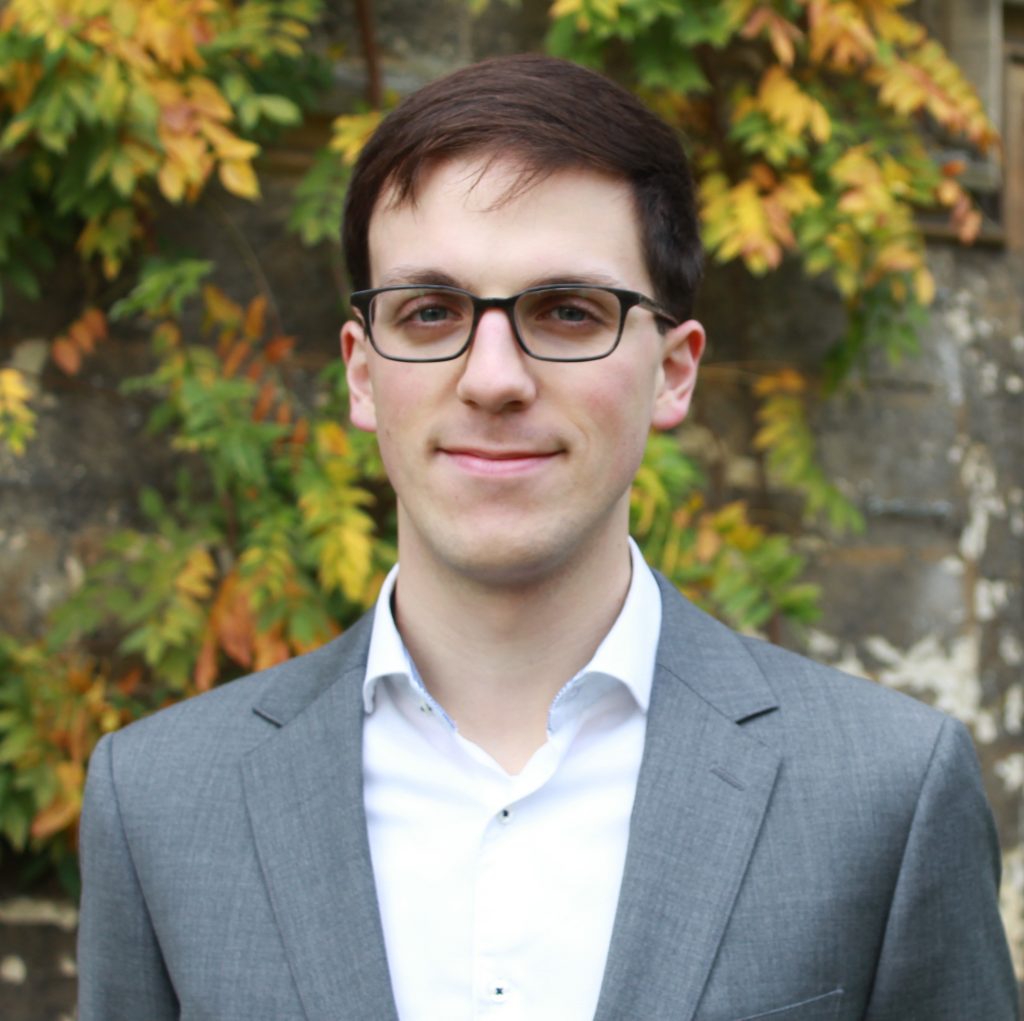Next webinar 29 September (1600 CET)

Sushma Dahal, from Georgia State University, will present: “Investigating COVID-19 transmission and mortality differences between indigenous and non-indigenous populations in Mexico.” (Contact jessicad@oslomet.no for a link.)
Globally, indigenous populations have suffered worse health consequences during the past pandemic, such as the 1918 influenza pandemic and the 2009 H1N1 pandemic. Not many studies have assessed the impact of COVID-19 among indigenous groups. Our team studied the mortality impact of COVID-19 among indigenous and non-indigenous populations in Mexico, the country with the highest indigenous populations in the Americas. The webinar presentation will focus on this study’s methods, results, and public health implications.
Study team: Sushma Dahal, Svenn-Erik Mamelund, Ruiyan Luo, Lisa Sattenspiel, Shannon Self-Brown, and Gerardo Chowell.
Bio: Sushma Dahal, MPH is a Second Century Initiative (2CI) Doctoral Fellow in the School of Public Health at Georgia State University (GSU), USA. She was a Fulbright scholar during her MPH studies at GSU. She has previously worked as an epidemiologist at Nepal Health Research Council. Her research interest focus on estimating excess mortality during pandemics, assessing the impact of health emergencies on vulnerable populations, and mathematical modeling of infectious diseases.



